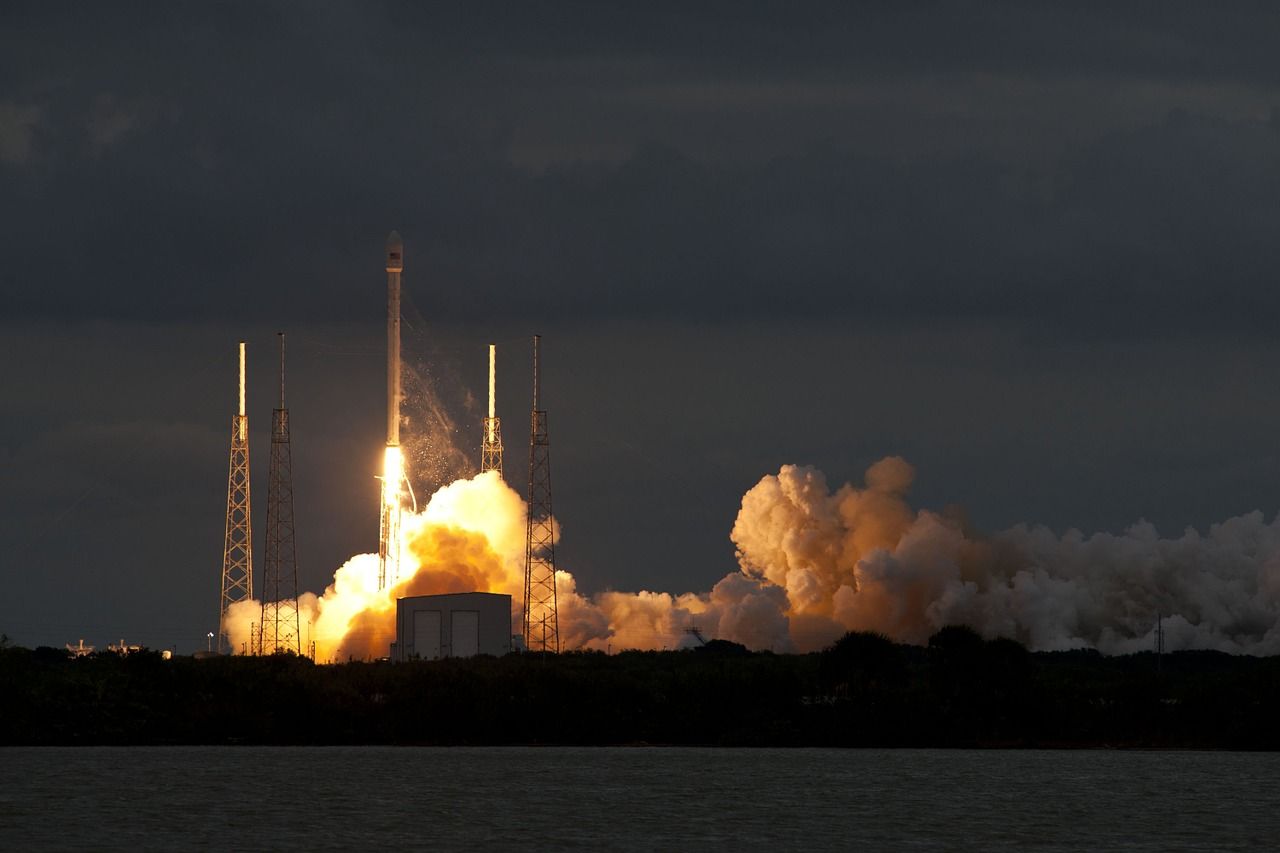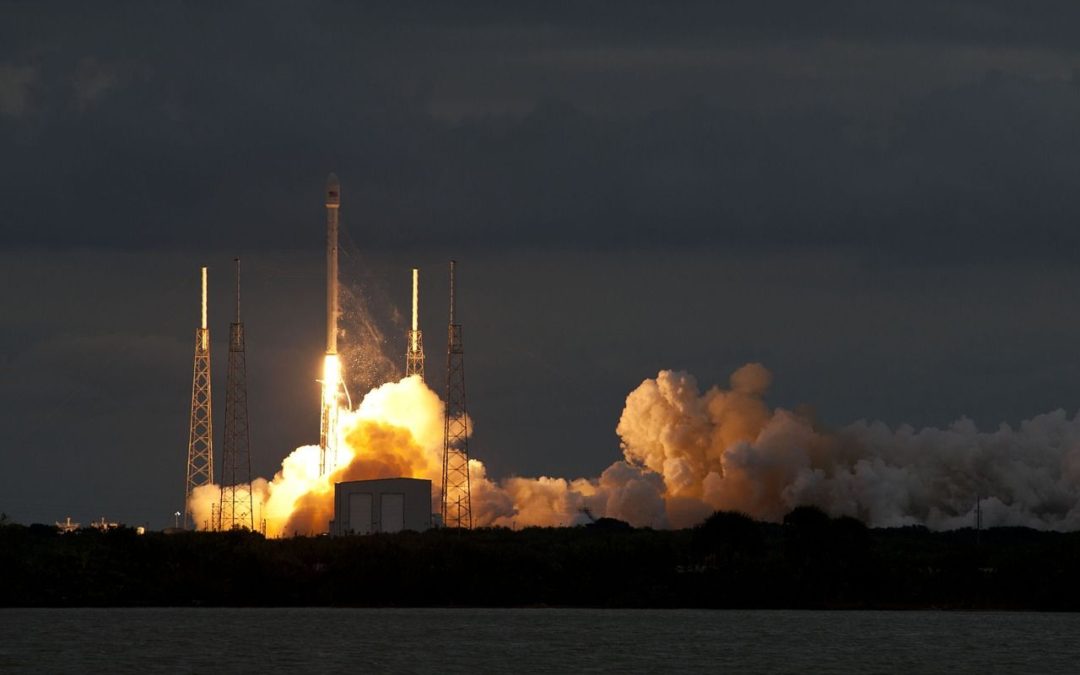
The current space race instills optimism in many for a wide range of different reasons. But a negative aspect is the detrimental effect combustion of carbon-based rocket fuel has on the environment. These effects include greenhouse gasses, causing ozone holes and cancer, and poisoning the soil.
In some electric vehicles, ammonia borane stores hydrogen in fuel cells. Researchers at the University of California, Riverside, have researched how the chemical can be used to power rockets. Unlike its currently used alternatives, the emissions from such a rocket would consist of water and boron oxide, much less damaging to the environment.
“We are the first to demonstrate that in addition to electric vehicles, ammonia borane can be used to make rockets go too, under the right conditions,” said Prithwish Biswas, first author of the new study and chemical engineer at UCR to University of California Riverside News
The advantages of this new fuel does not stop at environmental aspects. It has a higher energy density, helps reduce costs and does not need to be cryogenically stored.
As straightforward as all of this might seem, the researchers had challenges to overcome. In electric vehicles, catalysts achieve combustion, but in rockets, they're not desirable. The catalyst in and of itself doesn't contribute with any energy and is thus additional mass which should preferably be avoided.
The team has experimented to find an oxidizer that can combust the fuel at a high-efficiency level to circumvent this. Currently, they're continuing to research different ways to make the fuel more long-lasting and stable in hot and moist conditions.







